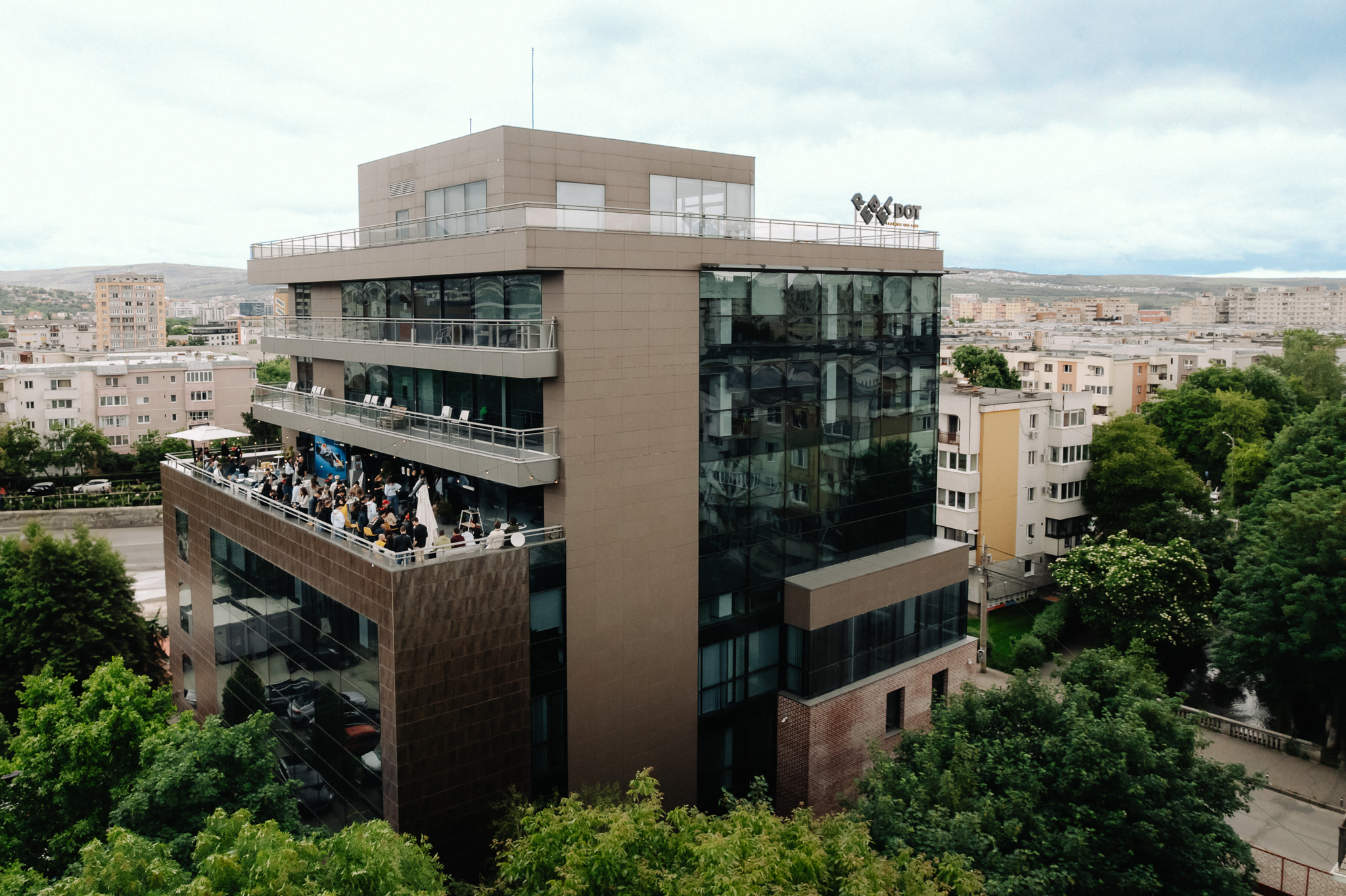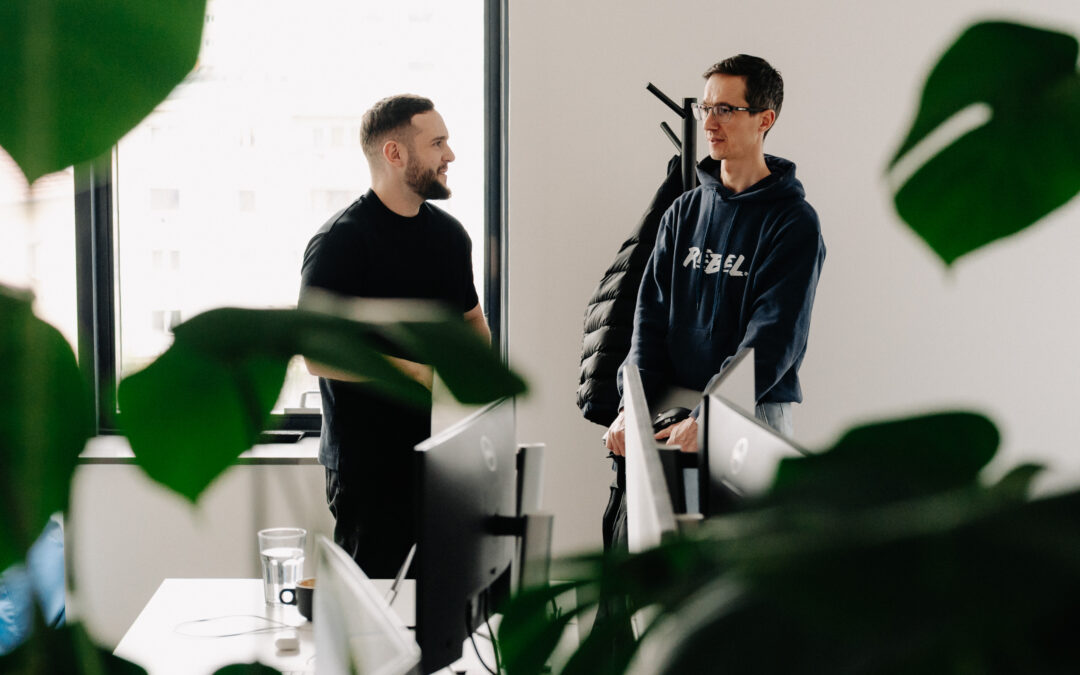From Business as Usual to Future Fitness
Leading a company today isn’t easy. The pace of change is relentless, risks come from every direction, and what felt secure yesterday can unravel overnight.
For decades, profit, short-term efficiency, and market share defined success. They still matter, but on their own they no longer guarantee relevance in a changing world. With resouces growing tighter, risks multiplying faster, and social and regulatory expectations rising, companies need to adapt.
A cloud provider that redesigns its data centres to cut energy use. A food producer that invests in regenerative farming to secure raw materials. A bank that finances renewable energy projects to shape tomorrow’s markets. Different actions, same goal: staying strong in a fragile world.
This is what corporate sustainability looks like in practice: doing better with less, rethinking old systems, and creating value while reducing harm.
Building Resilience
If we’re honest, resilience in business is simple to define: it’s the ability to absorb shocks and recover fast. That applies across the board, operations that keep running when one link breaks, finances with buffers for rough times, people who stay engaged under pressure, and reputations strong enough to hold when mistakes happen.
Sustainability strengthens this kind of resilience. By reducing reliance on scarce resources, protecting people, and embedding accountability, companies cut hidden risks before they escalate. At the same time, the discipline of operating with fewer inputs and lower impacts makes organisations leaner and more adaptable when the world shifts.

Resilience is rarely one big move. It’s a habit of preparing for shocks: running scenarios, spotting weaknesses, leaving room to manoeuvre. And perhaps the hardest part is honesty, accepting that energy, resources, and even people’s capacity are finite.
Sometimes resilience means admitting today’s model could harm the systems we depend on tomorrow. Facing those limits is what separates resilience from wishful thinking, and when disruption arrives, it decides who bends and who breaks.
Turning Constraints Into Opportunity
Every risk has another side. When resources are scarce, companies often find smarter ways to use what they have. Regulations that once felt like burdens have pushed entire industries to innovate: stricter emissions rules, for example, have accelerated the shift toward electric mobility.
Technology makes this possible. AI can optimise energy use in cloud infrastructure, lowering both costs and emissions. Predictive analytics helps service companies anticipate client needs and reduce waste. Automation in software testing shortens time-to-market while cutting unnecessary resource use. Technology doesn’t remove risk; it helps companies adapt faster.
That agility makes organisations competitive. But advantage only lasts when people trust you to keep it. And that trust grows from responsibility.

Building Trust and Legacy
Responsibility in practice is what makes organisations credible. Trust is built when companies are transparent about both progress and failure, and when leaders tie their rewards to long-term outcomes, not just quarterly gains. That kind of governance gives stakeholders the confidence that hard decisions serve the future, not just short-term goals.
Responsibility also shows in how a company contributes beyond its own bottom line. A bank that expands access to green finance is shaping tomorrow’s economy. A food producer that improves nutrition access strengthens both its markets and communities. An employer that invests in employee well-being isn’t just reducing turnover , it’s building loyalty and resilience for the long haul.
Beyond Trends
Corporate sustainability is the discipline of building organisations that are truly fit for the future: organisations that reduce harm while increasing contributions, that give more than they take, and prepare not just for the next quarter but for the next generation.

This work is hard, but not impossible. Companies of all sizes already see both the benefits and the risks, and once you’ve seen them, you can’t go back. The only way is forward.
Forward with courage like PFZW, one of the world’s largest pension funds, which moved billions away from managers who weren’t ready for the future. Forward with courage like The People’s Pension, which shifted tens of billions because foresight and alignment mattered more than the comfort of standing still. And forward with the courage of smaller players too, companies willing to start small, test, and learn, knowing that every step matters. That same spirit is what drives RebelDot: the belief that courage is not about scale, but about the decision to act.
Cluj IT will not be liable for any false, inaccurate, inappropriate or incomplete information presented, as the authors are free to choose their approach and relevant topics, within the general guidelines of the newsletter. The opinions expressed by the authors and those providing comments are theirs alone, and do not reflect the opinions of Cluj IT.
Certain links in the articles or comments may lead to external websites. Cluj IT accepts no liability in respect of materials, products or services available on any external website which is not under the control of Cluj IT.





























